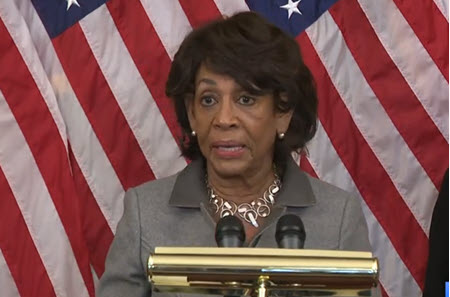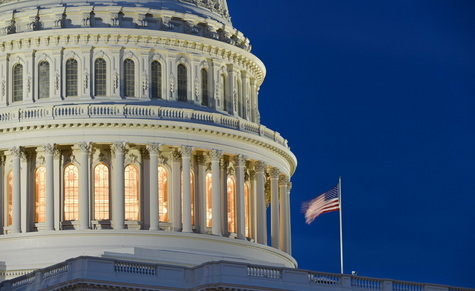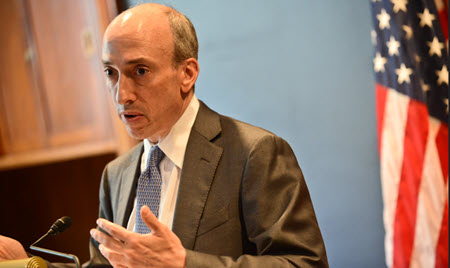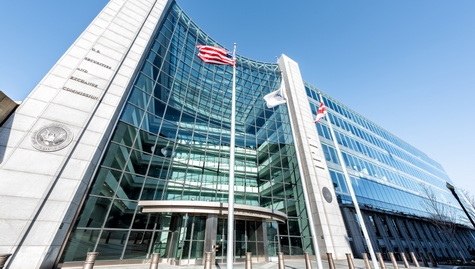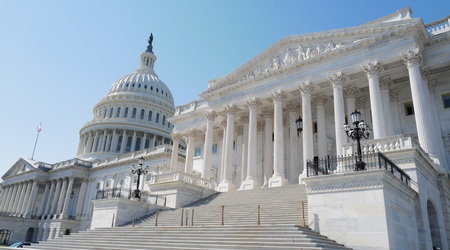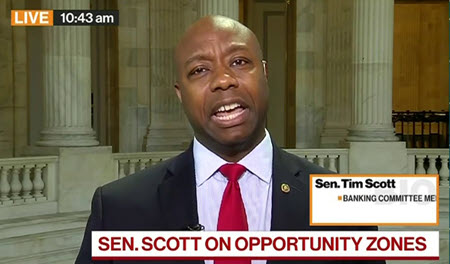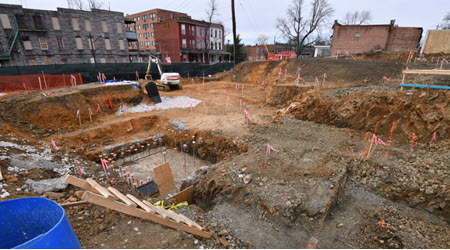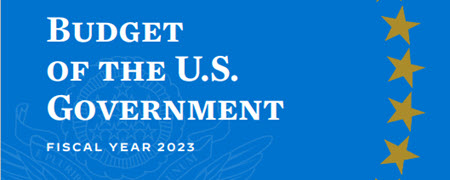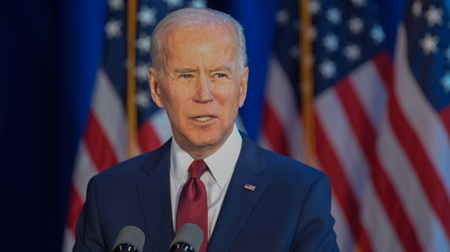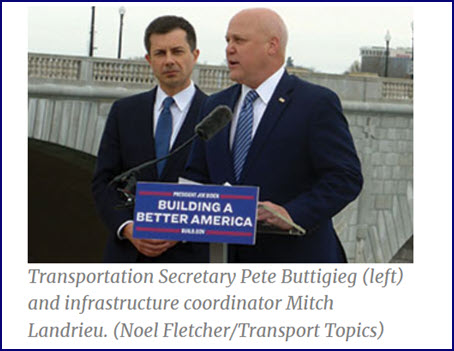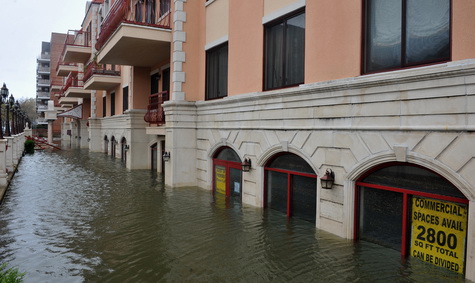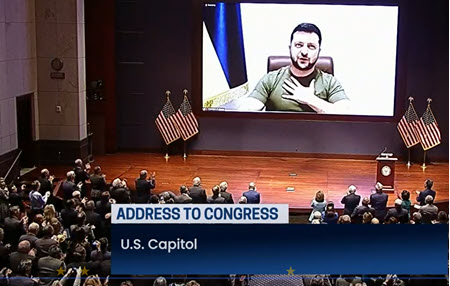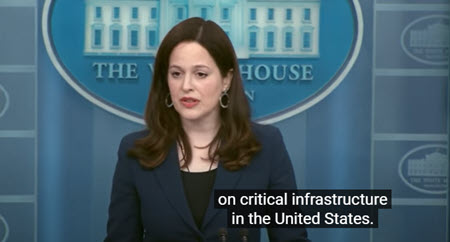
Legislation introduced by a handful of influential Republicans in the House and Senate would shorten the depreciation period for structures to 20 years and adjust depreciation deductions upwards every year to account for inflation and a real rate of return on capital. (Tax Notes, April 13)
Legislation vs. Biden Budget Proposal
- The Renewing Investment in American Workers and Supply Chains Act was introduced in the House by senior Ways and Means Committee Member Jackie Walorski (R-IN) and Republican Study Committee Chairman John Banks (R-IN). Senator Mike Braun (R-IN) introduced companion legislation in the upper chamber. (Joint news release, April 11)
- The bill would reduce the cost recovery period for nonresidential property from 39 years to 20 years, and for residential rental property from 27.5 to 20 years.
- In addition to shortening depreciation periods, the bill would enhance depreciation deductions by providing an adjustment for inflation and a return on capital (3%). The deduction adjustment would not be counted against the property’s basis or for purposes of depreciation recapture.
- The changes would not be limited to new construction, but would apply to existing properties (adjusted for remaining basis), as well as properties that change ownership.
- The nonpartisan Tax Foundation, a highly regarded research institution in Washington, estimated the bill would boost long-run GDP by 1.2 % and expand employment by 230,000 full-time equivalent jobs. Over the current 10-year budget window, when factoring in the positive macroeconomic feedback, the policy would increase federal revenue by $126.6 billion. (Tax Foundation, March 24)
- The legislation stands in stark contrast to President Biden’s proposed budget, which would raise the tax burden on structures by eliminating the reduced 25% tax rate that applies to recaptured depreciation deductions when a property is sold. The Biden budget would tax depreciation recapture at a rate of 39.6%. (Roundtable Weekly, April 1)
The release of President Biden’s second budget launched the annual congressional appropriations process, which aims to fund the FY23 government budget starting Oct. 1. The prospects for tax increase proposals before the Nov. 8 mid-term elections are highly uncertain. (Politico, March 28 – “Here’s what’s in Biden’s $5.8 trillion budget proposal – and what’s next”)
# # #
